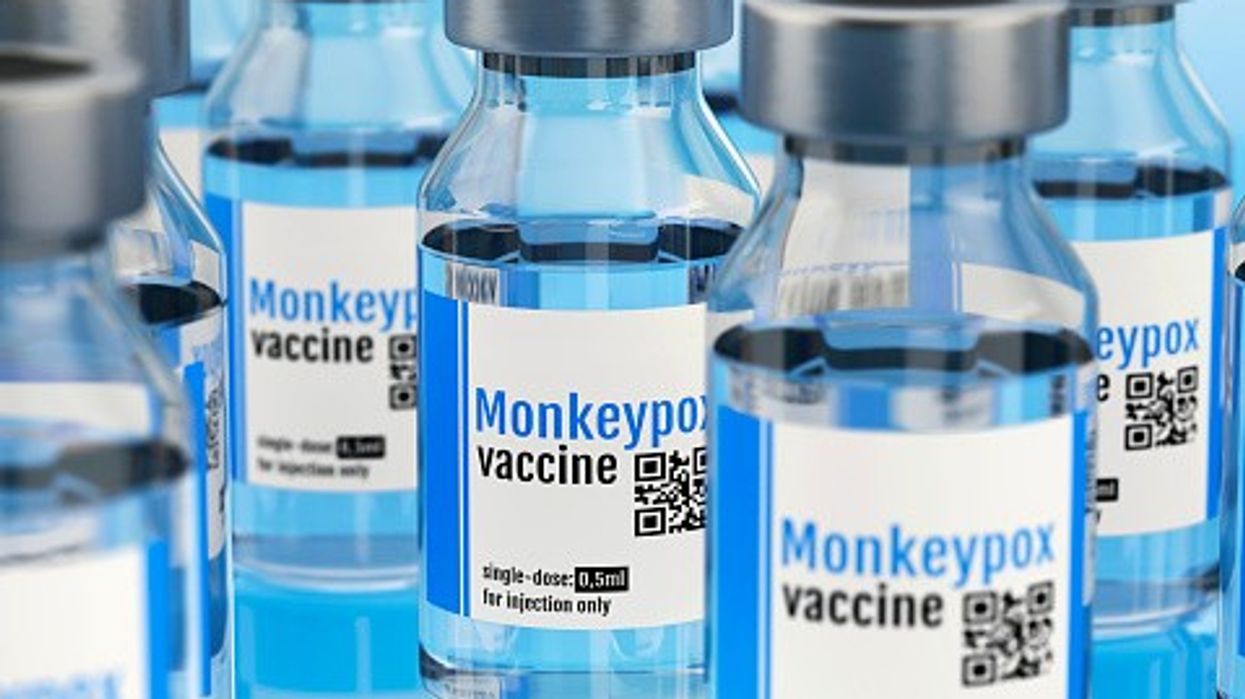While there has been a recent increase in mpox cases in the UK, no Clade 1 mpox cases have been confirmed so far
The World Health Organisation (WHO) has officially declared the mpox outbreak in the Democratic Republic of the Congo (DRC) and an increasing number of African countries as a Public Health Emergency of International Concern (PHEIC) under the International Health Regulations (2005) (IHR).
This decision follows the guidance of an IHR Emergency Committee of independent experts who met on Wednesday (14 August 2024) to review data from WHO and affected countries.
Considering the potential for the virus to spread further within African countries and potentially to other continents, the experts identified the upsurge of mpox as a PHEIC.
A key factor in the declaration was the emergence and rapid spread of a new virus strain, clade 1b, in the DRC last year.
While there has been a recent increase in mpox cases in the UK, no Clade 1 mpox cases have been confirmed so far, according to the UK Health Security Agency (UKHSA).
Dr. Meera Chand, Deputy Director at UKHSA, emphasised that despite the currently low risk to the UK population, preparations are underway for any potential cases.
“The risk to the UK population is currently considered low. However, planning is underway to prepare for any cases that we might see in the UK.
“This includes ensuring that clinicians are aware and able to recognise cases promptly, that rapid testing is available, and that protocols are developed for the safe clinical care of people who have the infection and the prevention of onward transmission,” she said.
The UKHSA has issued guidance to all NHS service providers regarding Clade I mpox virus (MPXV) infection.
The UKHSA has welcomed the move from the WHO to release funding to accelerate vaccine access for lower-income countries and support surveillance, preparedness and response activities.
Formerly known as monkeypox, mpox is a rare infection caused by a virus similar to smallpox. The smallpox (MVA) vaccine is believed to provide good protection against mpox.
Mpox symptoms typically involve a skin rash or pus-filled lesions lasting 2 to 4 weeks, along with fever, headaches, muscle aches, back pain, low energy, and swollen lymph nodes. The infection spreads through contact with an infected person or animals.
The NHS has reported a recent increase in mpox cases in the UK, although the overall risk of infection remains low.
“Although more people have been diagnosed with it recently, only a small number of people in the UK have had mpox and the risk remains low,” the NHS said.
Mpox is usually mild, with most individuals recovering within a few weeks without the need for treatment. However, severe symptoms may necessitate hospital treatment. Higher risks of requiring hospital care are associated with:
The risk of requiring hospital treatment is higher in older people, young children and people with conditions or on medications that affects their immune system.













